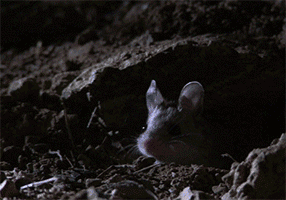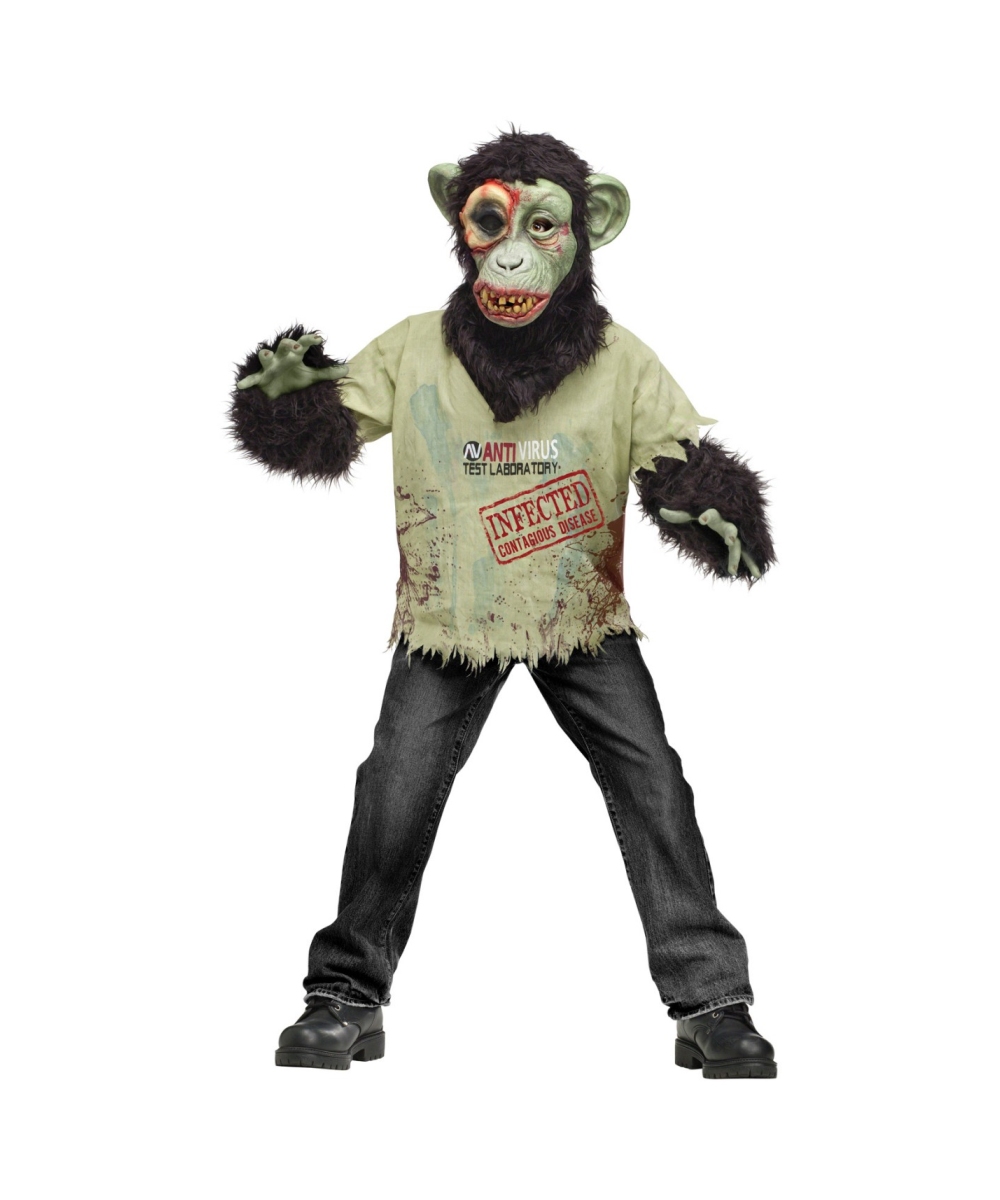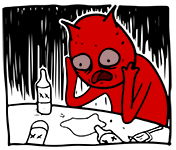Still playing TOW, and I'm puzzling over trying to further pin down what's unsatisfactory about it, despite it being fun in parts. I think it's 2 things:-
1) The "Pavlovian" nature of the design, as I said in my earlier post. It's like it's been designed to push one's buttons, and one feels like a lab rat. Now of course all games have some element of that, but I feel it's all been done in a rather soulless way with this, as a mechanical exercise. One might almost say it's too competent in this regard. Virtually everything that's player-facing in the game is designed to elicit a player reaction. Even the humour is designed in a particular way, for a particular kind of audience (social-status aware SJWs).
This is in contradistinction to a game where there's some intent to design a virtual world that has things just because that's how the world is. The game lacks a sense that these places have a life of their own, they're just so blatantly designed to invite the player to certain thoughts and actions, to present POIs in a logical flow, etc. It also makes exploration oddly unsatisfying, because you don't get the illusion that you're actually discovering something - you're always aware that you've been led by the nose to the discovered thing (e.g. like noticing a path up the side of a hill - you just know there's going to be something there, as opposed to it being a mystery whether there will be something there or not, it might just be a part of the landscape that doesn't reward you for exploration).
It's almost like the devs are deathly afraid to disappoint the player in any way. But the problem is, where there's no risk of disappointment, there's no excitement of discovery.
2) The dialogue. This is tricky because I actually like some of what they've done with the dialogue - there's an attempt in the dialogue to make the player's responses more logical (as in, what someone might be inclined to say in that given situation), as opposed to being options that just move the player along the plot in certain ways. It's almost the opposite problem of 1), where there's a lot of flavour in the dialogue that actually disguises what the optimal choices might be. But the problem here is that the chat is too Fourth Wall-ish, too self-aware, too winking, and not just that, but (again) its sense of humour is that of SJW-infected college graduates, a very narrow band of humour that walks on eggshells and can't really afford any visceral humour (because that relies on truth).





































